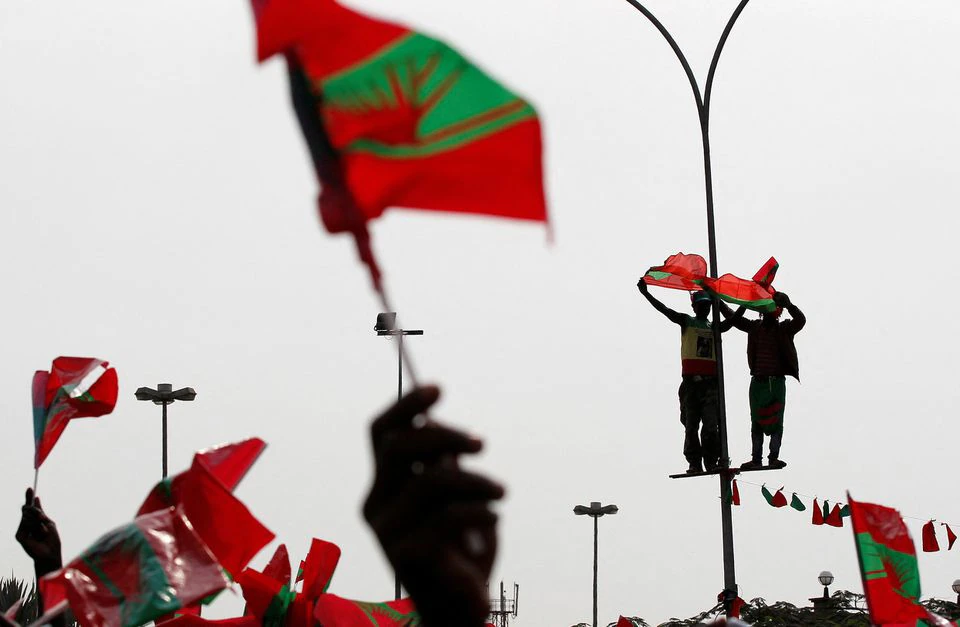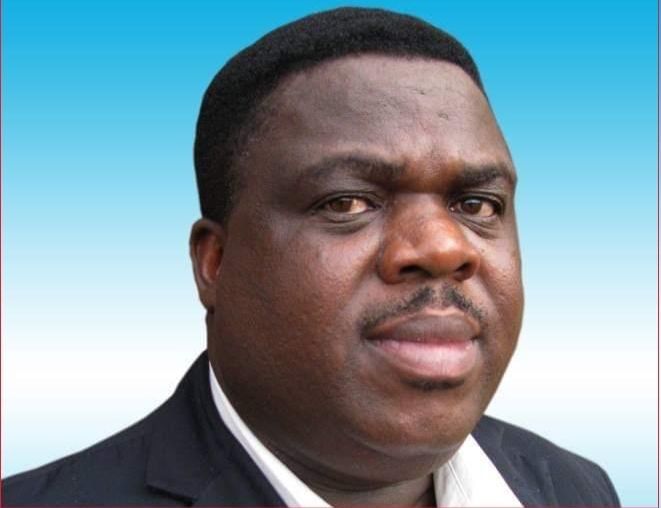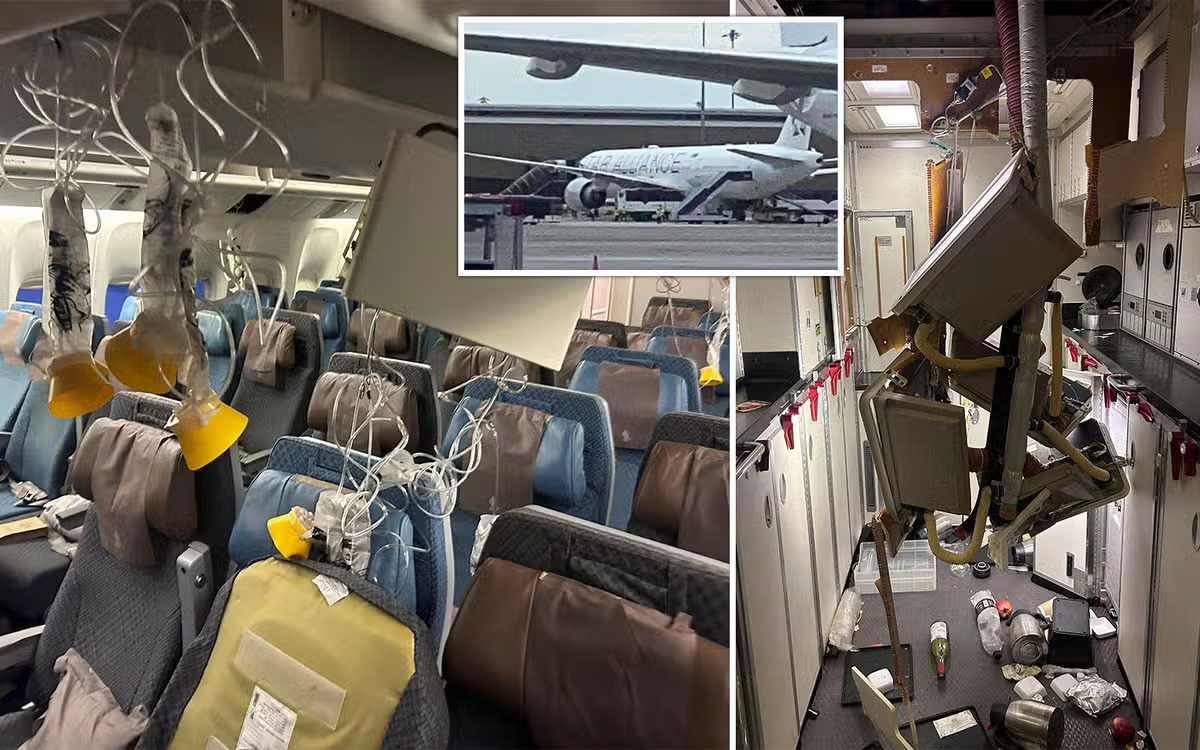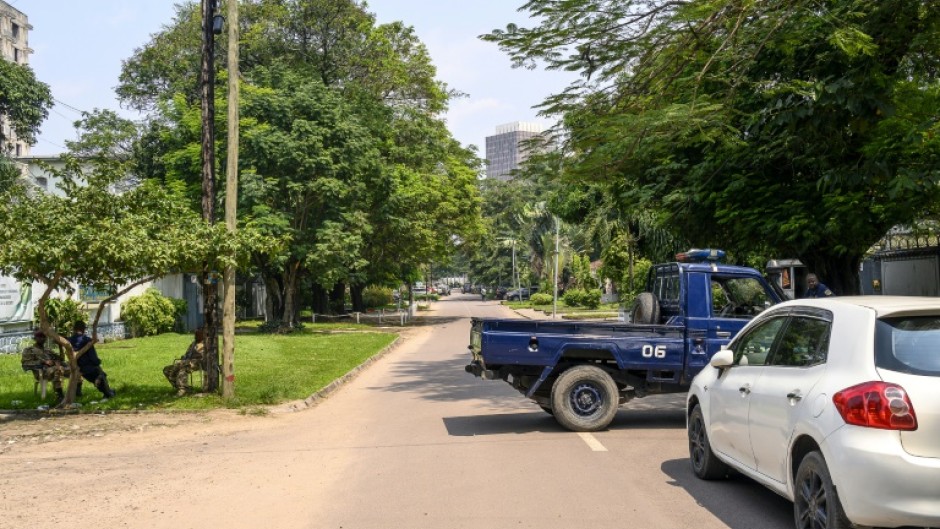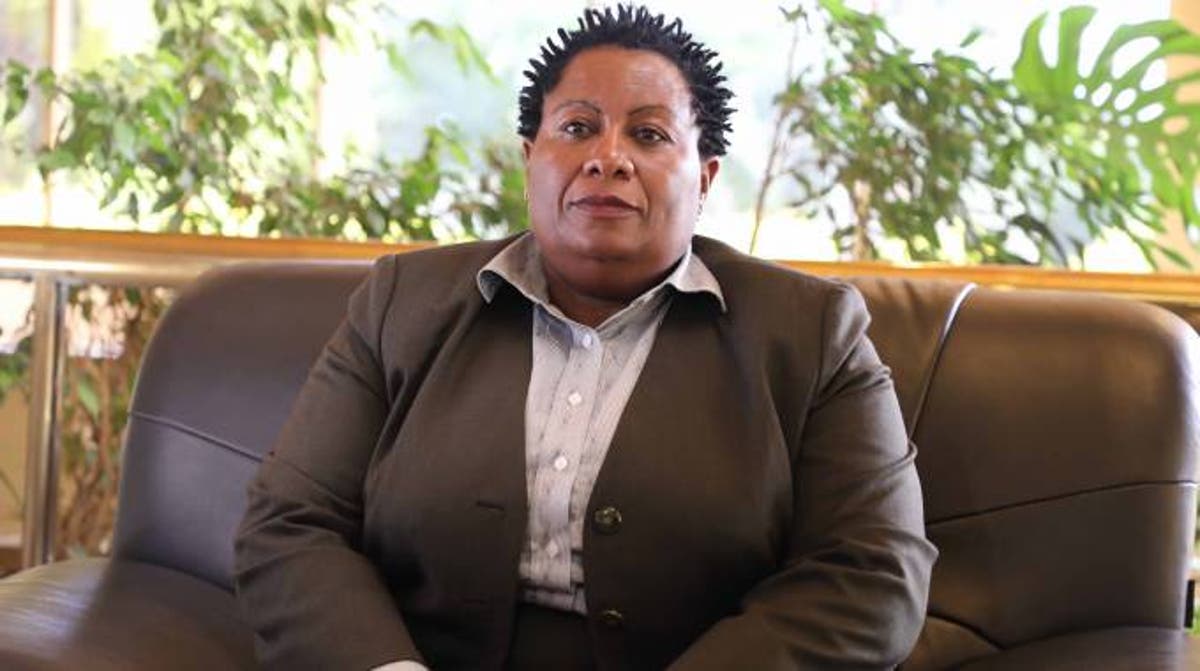LUANDA, Angola – Millions of Angolans will vote this week in a landmark election described as an “existential moment” for the key oil-rich central African state, and a test for democracy across a swath of the continent.
The poll on Wednesday pits veteran politicians against a generation of young voters just beginning to grasp that they can bring about a radical change and escape from the shadow of the cold war.
Observers say discontent with the rule of the People’s Movement for the Liberation of Angola (MPLA), in power since Angola declared independence from Portugal in 1975, has reached a point where the party will only now secure another five years in power through rigging and repression.
“It is an existential election, and it is going to be very tight race. If there were free and fair elections, there is no doubt the opposition would win but the government is not going to allow that,” said Paula Cristina Roque, an independent analyst and author.
Other parties and leaders that have remained in power for decades since winning liberation struggles on the continent are likely to see the growing difficulties of their counterparts in Angola as a warning.
As elsewhere in Africa, a key factor in Angola is the youth of the population. More than 60 percent are under 24.
Half of Angolans live in poverty and more than half of those under 25 are unemployed, facts which UNITA hopes to capitalise on in promising a change of regime.
The leader of Angola’s main opposition party UNITA accused the government on Sunday of establishing an undemocratic one-party state, and said contesting the result of this week’s election was not off the table.
The MPLA, of current President Joao Lourenco, has previously said it would respect the result of the vote.
“It is a one-party regime, a big cancer that the country must get rid of,” UNITA leader Adalberto Costa Junior told Reuters in an interview, adding that the MPLA does not allow Angola to be a democracy.
The country, Africa’s second-biggest oil producer, emerged from a 27-year civil war between the MPLA and UNITA in 2002.
Some critics of the government have voiced concern the election may be tainted. There are only 2,000 observers to cover a country twice the size of France, the final vote counting from all stations has been centralised in the capital Luanda, and some opinion polls have been restricted.
UNITA and civil society have accused the MPLA of controlling the country’s main institutions, from the courts to the media. Lourenco, speaking in March, said the Angolan courts exercised their powers independently.
At a final rally on Saturday in the suburbs of Luanda, he said there was now much more media freedom compared to when he was elected in 2017.
Handpicked by his predecessor Jose Eduardo dos Santos when he stepped down in 2017 after ruling Angola for 38 years, Lourenco, who is seeking a second term, has pledged to fight corruption, boost the economy and open up the democratic space.
But Costa Junior said promises had not been fulfilled and reforms had not translated into better living conditions for Angolans.
Asked if he would contest the result if there was a strong suspicion of fraud, Costa Junior said that if the process was not democratic, the party would use all legal mechanisms, national or international, at its disposal.
He said the party already had proof of several violations, such as vote buying, but said he still believed the electoral commission would make changes to avoid fraud.
“We need to have the most democratic election possible but we are not sleeping,” Costa Junior said, leaving a warning to the MPLA: “Don’t be too distracted.”
Costa Junior urged voters to remain near polling stations after they cast their ballot to monitor the election process. A report by the Institute for Security Studies said that if an MPLA win is perceived as fraudulent, unrest could follow.
An Afrobarometer survey in May showed Angolans favouring UNITA had increased to 22 percent from 13 percent in 2019, still seven points behind the MPLA. Nearly half of voters were undecided.
“Without a doubt, this election is the tensest since 1992,” said Oxford University researcher Ricardo Soares de Oliveira. “There’s a huge amount of volatility and unpredictability – and the party in power has a lot of fear.”
“Issues that affect people very directly … haven’t been solved,” Jon Schubert, an anthropology professor at the University of Basel. “The cost of living is very high and salaries are worth a third of what they were six years ago.” – Reuters

